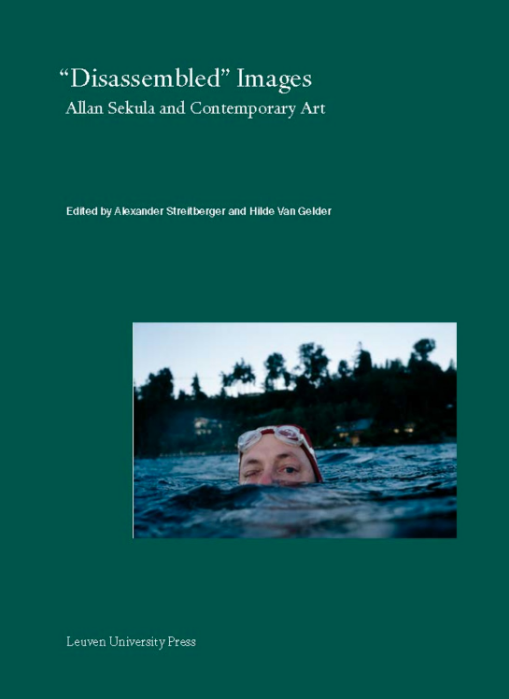
The canonical legacy of Allan Sekula in contemporary visual art
“Disassembled” Images takes as a point of departure Allan Sekula’s productive approach of disassembling elements in order to reassemble them in alternative constellations. Some of the most pressing issues of our time, such as human labor in a globalized economy or the claim for radical democracy, are recurrent themes in Sekula’s oeuvre and are investigated by a wide range of experts in this book. Addressing a variety of artworks, both by Sekula and other artists, the collected essays focus on three crucial aspects within recent politically engaged art: collecting as a tool for representing folly and madness, the confrontation of the maritime space of ecological disasters and geopolitical processes with alternative models of solidarity, and what Sekula named “critical realism” as a reflective method in search of new social agencies and creative freedom. A text–image portfolio by Marco Poloni completes this profound reflection on Sekula’s influential legacy within contemporary visual art.
This publication is GPRC-labeled (Guaranteed Peer-Reviewed Content).
Contributors
Anthony Abiragi (University of Colorado), Barbara Baert (KU Leuven), Edwin Carels (School of Arts KASK/HoGent/M HKA), Ronnie Close (American University in Cairo), Bart De Baere (M HKA), Stefanie Diekmann (Hildesheim University), Carles Guerra (Fundació Antoni Tàpies), Clara Masnatta (ICI Berlin), W. J. T. Mitchell (University of Chicago), Marco Poloni (Berlin), Anja Isabel Schneider (KU Leuven/ M HKA), Stephanie Schwartz (University College London), Jonathan Stafford (Nottingham Trent University), Alexander Streitberger (UC Louvain), Hilde Van Gelder (KU Leuven), Benjamin Young (Parsons School of Design)
Assistant editor
Federica Mantoan
